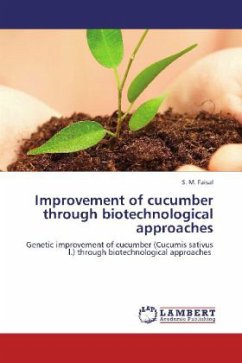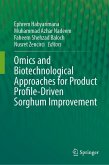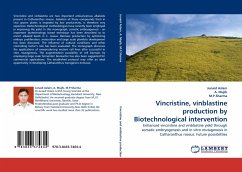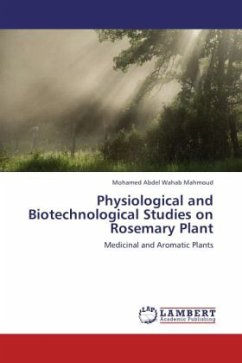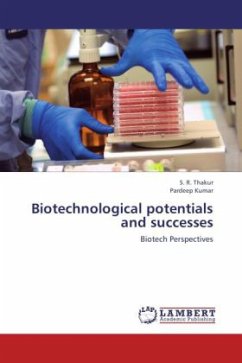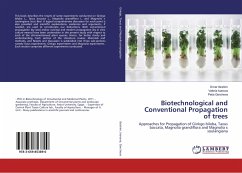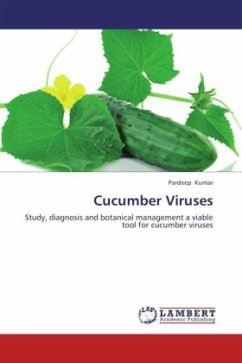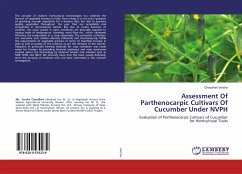Cucumber, a member of the family Cucurbitaceae, has commercial importance (Nonnecki, 1989). Cucumber is cultivated in a small area of land in Bangladesh (BBS, 2005). Average yield of cucumber during 2002-03, 2003-04 and 2004-05 were 1.81, 1.81 and 1.77 mt/acre, respectively (BBS, 2006) which indicated that the yield has declined slightly. Different biotic and abiotic factors are responsible for low yield of cucumber in Bangladesh. Among the factors affecting yield of cucumber abiotic stresses are the most harmful. The use of genetic transformation may allow the production of abiotic stress tolerant plants in a significantly shorter period of time than using conventional breeding, especially if several traits are introduced at the same time. The geographic spread of cucumber production may contribute to food and nutrition securitties in Bangladesh. Many developed and developing countries are using tolerant varieties with the aim of increasing food/vegetable production. Keeping in mind the above facts, on disease/ virus free plantlet production and plant genetic transformation techniques for salinity and drought tolerant in cucumber, the present research was conducted.
Bitte wählen Sie Ihr Anliegen aus.
Rechnungen
Retourenschein anfordern
Bestellstatus
Storno

